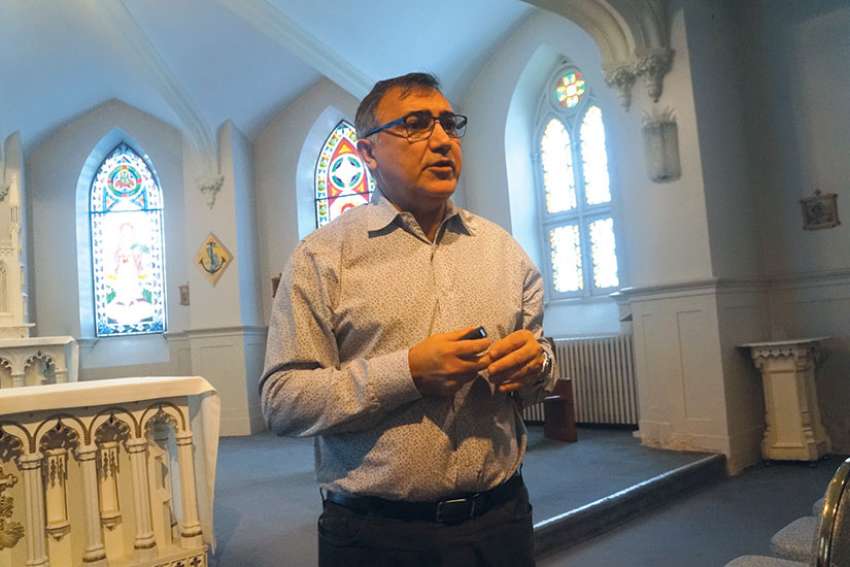“We need to change a culture … that palliative care has to do with death and dying,” Pereira told an information session in Ottawa.
Palliative care is about living, compassion, dignity and person-centred care, he said. Fear and depression associated with sickness and dying can be greatly reduced if palliative care principles are introduced earlier along with other treatments.
If the “p-word” is only introduced when physicians have given up on attempts to cure or control the disease, the anxiety will only increase, he said.
“It’s not a matter of taking away hope; it’s a matter of reframing hope.”
Introducing palliative care earlier in the disease process does not shorten life because its principles — quality of life, patient-centred care, symptom management and spiritual and personal life goals — can be applied while treatments are underway, he said.
“Palliative care and treatments to cure and control are not mutually exclusive. They go hand in hand.”
When palliative care is not introduced, patients can lack attention to symptom control, may receive inappropriate treatments, and may not have their psychological distress addressed, Pereira said.
Patients need to be asked what other goals they might have, such as spending time with their grandchildren, he said.
In studies where palliative care techniques that are patient-centred are employed, patients have lived almost three months longer with a much better quality of life, said Pereira.
“Palliative care early is better than palliative care late.”
Early in treatment, physicians need to talk to their patients about their quality of life, he said. A patient undergoing dialysis, for example, may also experience pain, itching skin, sleeplessness and restless leg syndrome. Patients should also be urged to talk with their family about advanced care planning, since “things can change rapidly.”
Many cancers that used to be terminal have become chronic conditions, he said. As life-prolonging treatments are underway, there is usually “no talk or discussion of other options or end-of-life care until the person arrives at the last days or weeks and are told, ‘You are now palliative,’ ” he said. “That is wrong.”
Palliative care needs to be integrated with other treatment options as “part of the journey” of a patient, he said.
Pereira said too often palliative care is being restricted to a “place” such as palliative care units, and to specialized units of palliative care physicians and nurses. That model guarantees access to it will be limited, he said.
Instead, every cardiologist, every oncologist, every kidney specialist and every family doctor needs to start incorporating palliative care techniques into their treatment, he said.
If a doctor asks, “Do you want active care or palliative care,” he or she must be challenged, he said. “Palliative care is active care.”
Change needs to begin at medical schools, as well, he said. Canada is recognized internationally for its expertise in palliative care, but because it is often reserved to specialized teams, coverage is like a patchwork, he said.
“We have areas of amazing excellence, among the best in the world,” but only an estimated 30 per cent of Canadians have access to it, he said.
The federal government needs to set national standards so provinces can meet them, he said.


